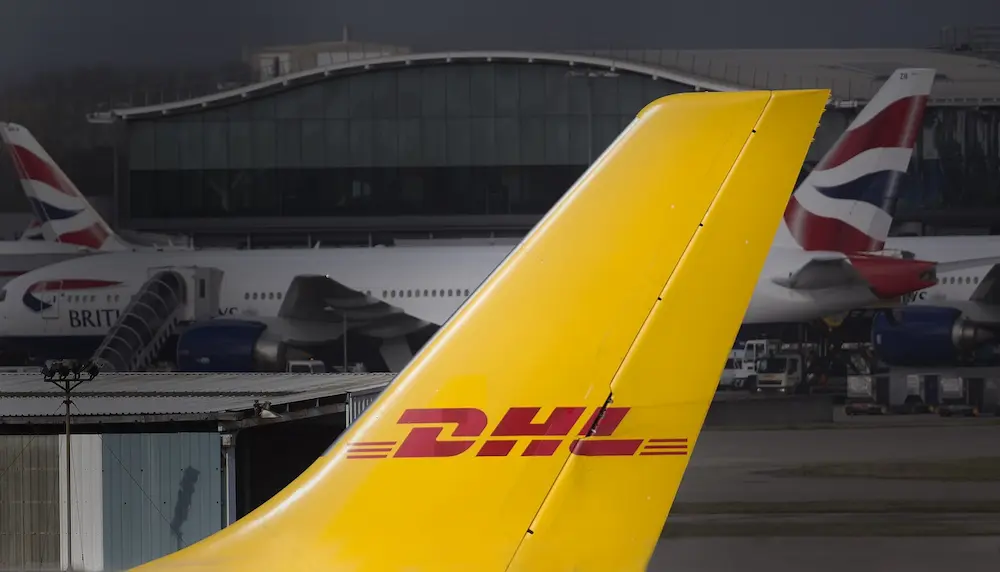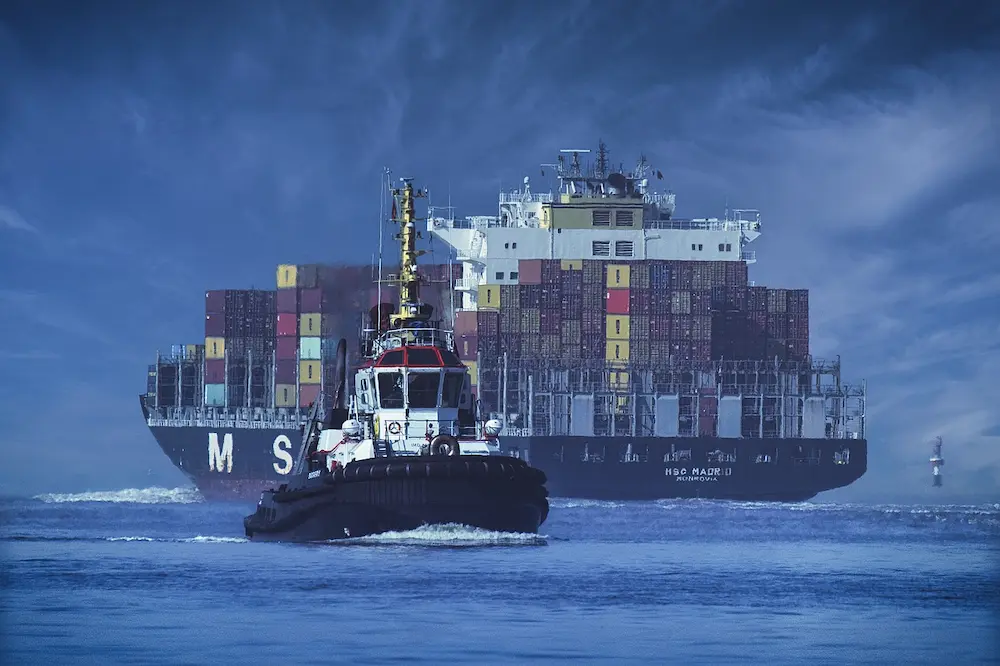Customs brokers play an integral role in helping clients navigate the complex and ever-evolving international trade laws and regulations.
They are responsible for a wide range of services, ranging from tariff classification to filing relevant documentation, that ultimately helps clients safely and efficiently move their goods across international borders.
For any organization or individual engaged in international trade, understanding the role and value of a customs broker is paramount.
This article will take an in-depth look at the crucial roles customs brokers provide to their clients. It will discuss:
- The essential services they offer
- Expertise they possess
- Their ability to provide regulatory compliance
- Cost savings they can generate
- Convenience and peace of mind they provide
So without further ado, let’s get stuck in!
Remaining Up-To-Date On Evolving Customs Regulations
Customs brokers are responsible for keeping up with evolving customs regulations for their clients.
It is the responsibility of customs brokers to ensure that their clients are in compliance with the most current laws and regulations as new trade agreements are formed, or existing ones are modified.
Customs brokers can help their clients stay compliant while taking advantage of the benefits of free trade by understanding the nuances and intricacies of local and international regulations that apply to them.
You need a broker who knows the ins and outs of the industry to keep up with the constant changes in customs laws in these uncertain economic times.
For example, if you currently send or receive products from Australia to Europe (or vice versa), a Customs Broker Australia service will significantly simplify your process (especially dealing with the tricky tariff situation caused by Brexit).
Essentially, having an experienced broker on your side is invaluable.
Facilitating Cargo Clearance
Among the essential duties of a broker is facilitating cargo clearance, which involves understanding the customs clearance process and helping customers manage their import and export documents.
To ensure that all the required documents are submitted to the customs authority, the broker must be familiar with the relevant laws, regulations, and procedures involved in the clearance process.
Furthermore, the broker must also be capable of negotiating with customs authorities for timely and efficient cargo clearance.
They Develop Strategies To Ensure Compliance
In order to ensure that their client’s goods are appropriately transported, declared, and processed, they develop strategies to ensure all documents and paperwork are in order and all applicable taxes and duties are paid.
Customs brokers are well-versed in the compliance requirements of both their home and destination countries and will work with their clients to ensure that their goods reach their destination without any issues.

Determining Duty And Tariff Payments
The burden of duties and tariffs is an unpleasing but vital aspect of sending or receiving international cargo.
The type of goods and their origin will determine the type and extent of the applicable laws and regulations, which will require careful evaluation and research.
Any changes to relevant rules, as well as any specific requirements of the importing country, will need to be kept in mind by a customs broker.
In addition to obtaining and submitting all necessary documents and permits, they must also ensure the goods are correctly labeled and categorized and the correct value is declared for import.
Keeping Accurate Records Of Cargo Documentation
A customs broker plays a crucial role in keeping accurate records of cargo documentation.
The customs broker needs to maintain detailed records of cargo documents to ensure that they can adequately represent the client during cargo clearance and retain them in case of a dispute or audit.
Documents related to the cargo can include bills of lading, proof of delivery, bills of sale, and others.
Customs brokers must keep all documentation accurate and up-to-date in order to ensure that their clients’ cargo is cleared as quickly as possible.
Leveraging Technology To Streamline The Customs Process
Technology plays an indispensable role in today’s complex supply chains, and any custom broker worth their salt will be able to leverage technology to streamline the customs process.
As part of this process, software tools are used to automate paperwork, and digital systems are used to track shipments and keep clients informed.
A customs broker can ensure that the entire customs process is completed quickly and accurately by employing relevant technology, minimizing delays, and making the process more efficient for clients using technology.
The use of technology can also help clients to reduce costs and gain a competitive edge by streamlining the customs process.
The role of a customs broker is varied and extremely important as they must be knowledgeable about the relevant laws, regulations, and processes that apply to international trade.
They also provide valuable advice to their clients to ensure their goods are transported quickly, safely, and cost-effectively.
Their services are invaluable to businesses that import or export goods and can often be the difference between success and failure.









